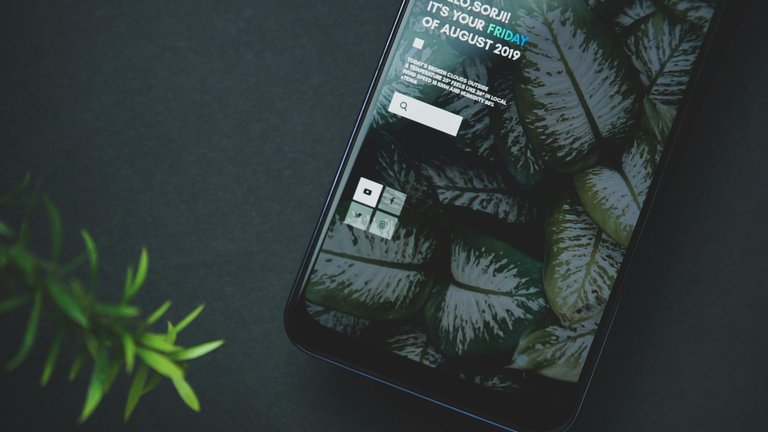The Weird Cost of Looking Smart
How long do we spend checking if something is true?
How often do we just go with our first thought?
How many times do we actually look things up?
How much do we rely on what feels right?
An obvious characteristic of people who ask a lot of questions is they're okay with not knowing everything.
Usually, we're trying to gain clarity on a subject that's interesting to us.
But even without the interest, knowing through asking questions is much better than having assumptions because guessing wrong can mess things up in ways we don't expect.
I think in this day and age, assumptions are more risky because bad information looks just as real as good information.
A possible reason for that is our brains like quick answers, whereas today's world is way more complicated than what our brains were built for.
I personally try to look at it from this POV that people are generally trying their best, even when they get things wrong.
In some sense, this is kind of an irony since we also live in an age where easy access to information is everywhere, almost anything (that's under the sun) can be known at almost any time.

Image Source
Getting Comfortable with Not Knowing
I think the missing link in terms of not taking that next easy step to double-check what we think is because asking questions makes you look dumb, but sounding sure makes you look smart.
Sure, this sounds like we should all just ask more questions and be more humble, but people do the opposite because it's scary to look uncertain, myself included.
When I'm in a group and someone brings up a topic I don't really know about, my first instinct isn't usually to say "I don't know much about that, can you explain?"
I rather find myself nodding along, sometimes jumping in with half-formed opinions just to seem like I belong in the conversation. We've somehow created a culture where saying "I don't know" feels like weakness, when really it should be the starting point for learning something new.
At a glance, the modern brain wiring does seem like this to me:
See something → react fast.
Look for proof we're right → ignore proof we're wrong.
Decide we know the truth → fight anyone who disagrees.
Keep doing this → get stuck in our own bubble.
Even our everyday conversations bears the brunt of this pattern.
When someone shares a problem, we subconsciously jump straight to looking for advice to give them instead of asking more or just really processing about what's really going on.
There's also this automatic defense mode where we start planning our comeback rather than trying to understand their point whenever someone disagrees with us.
The weird thing is asking questions actually makes you look smarter, not dumber. People respect someone who says "Help me understand your point" way more than someone who just argues without listening.
Maybe we need to practice being wrong more often. Like, literally practice it. Get comfortable with that feeling of not knowing, because that's where learning happens.
Thanks for reading!! Share your thoughts below on the comments.
Thanks for the curation, I very much appreciate it :)
Asking questions is never a thing to stop, people who do not asked questions, will not get what is being done, it’s good to be fully aware, and do not be stranded in any matter.
Moreover, guessing answers might make a person to be without the accurate information.
Right. I think it's the awareness part that's most important. Being in the dark is a risky place to be in terms of making informed decisions with regards to one's life. All you're left with is assumptions.
Thanks for stopping by ;)